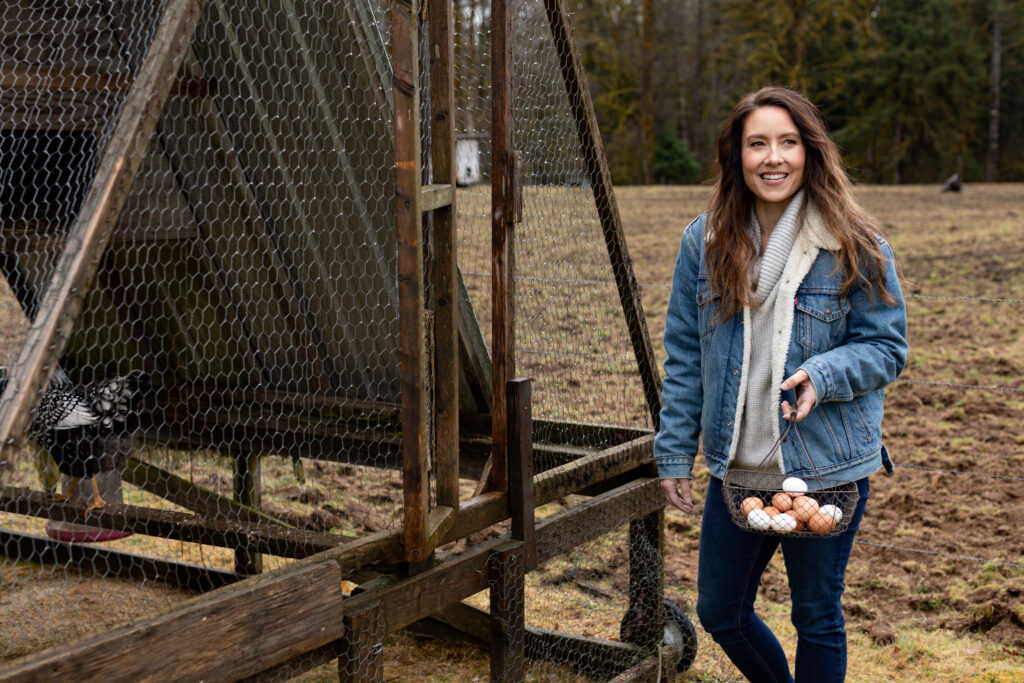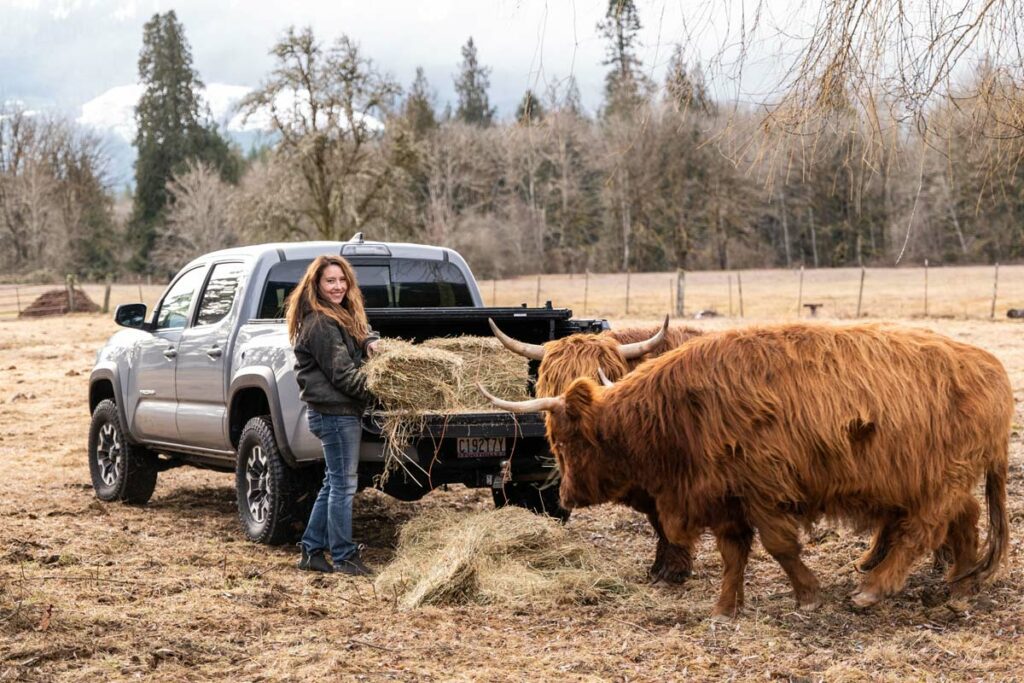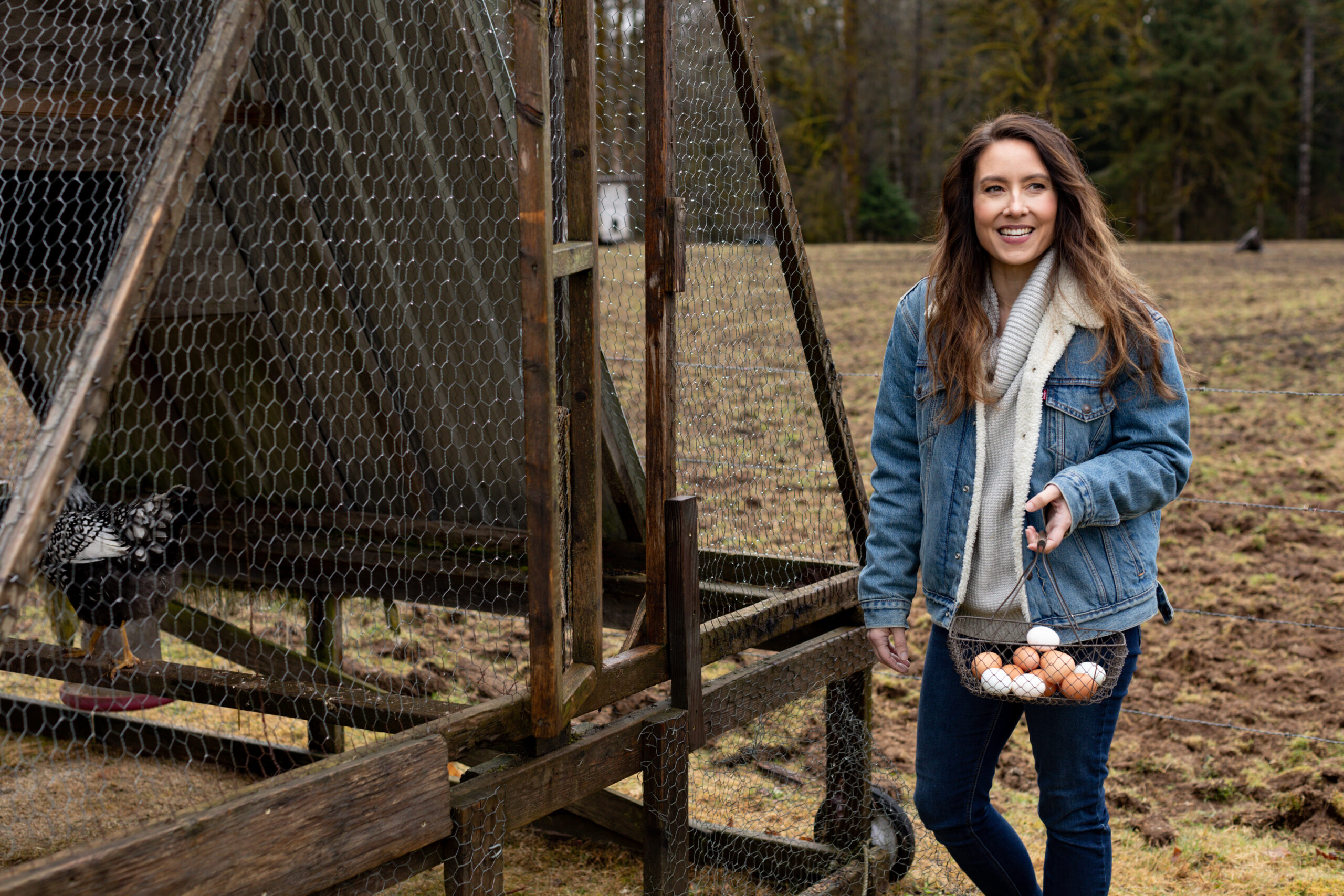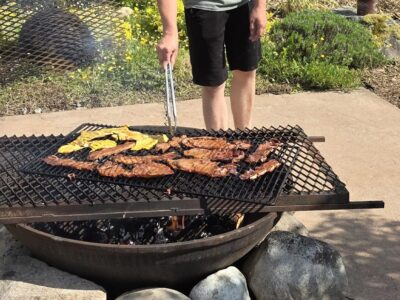Join me for part two of answering your questions. In today’s episode, I’m answering questions about business and homestead finances.

If you missed part one of this series, be sure to check out this podcast on Answering Your Questions: Homestead Edition here. This is episode #409 of the Pioneering Today Podcast. Be sure to check out the links below for more great content.
Table of Contents[Hide][Show]
In This Episode
- How many hours per day do I work on my business?
- Setting up a homestead to be financially self-supporting. Check out this post on achieving financial sustainability and food security with a garden. As well as this post on whether or not homesteading saves you money and this post on how to earn a living from your homestead.
- Check out this podcast on how I quit my day job to become a full-time homesteader with my current job.

More Posts You May Enjoy
- Does Homesteading Really Save You Money?
- How to Plan Your Homestead Year w/ Budget & Time Restrictions
- How to Meal Plan – 8 Easy Steps for Easy From-Scratch Meals
- 7 Time-Saving Tips When Cooking from Scratch
- Batch & Freezer Cooking – 12 Time-Saving Tips for Homemade Meals
- Traditional Cooking Tips to Get Homemade Food on Your Table Every Day
- From Scratch Christmas Dinner Menu – From the Garden
[fusebox_transcript]



